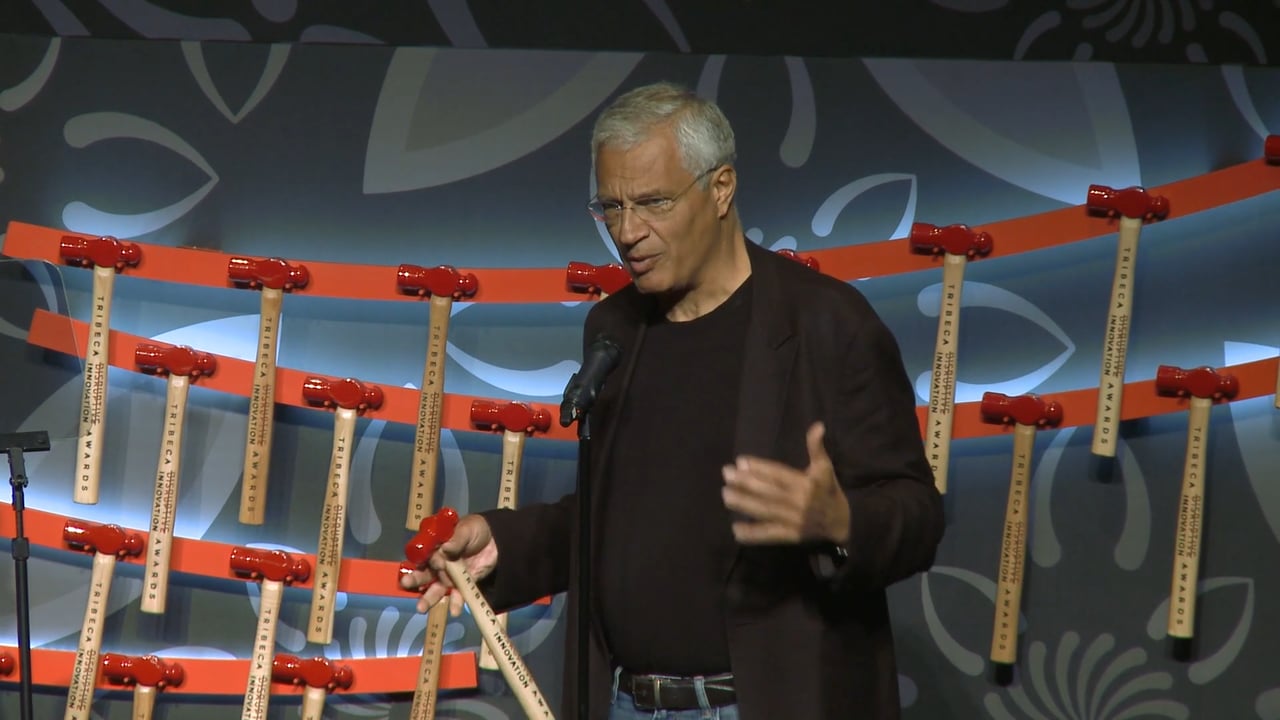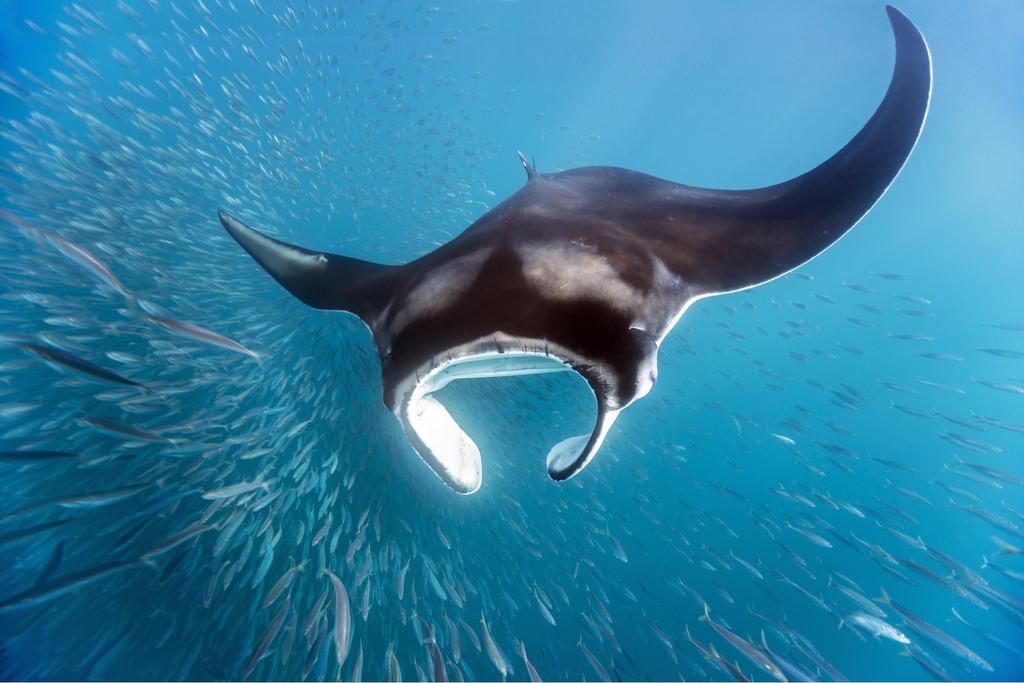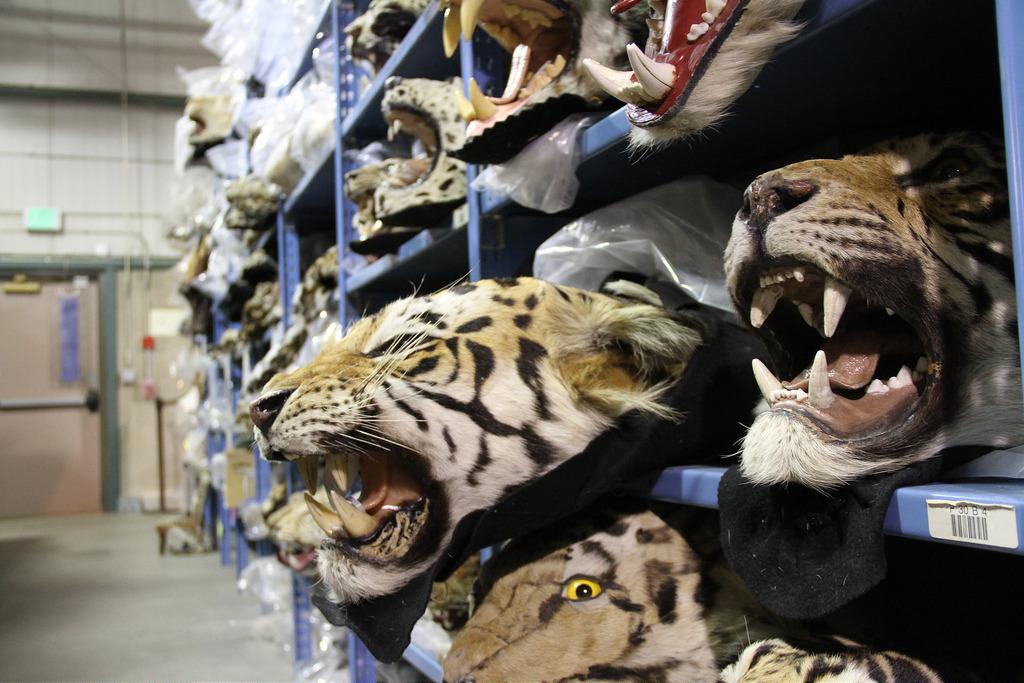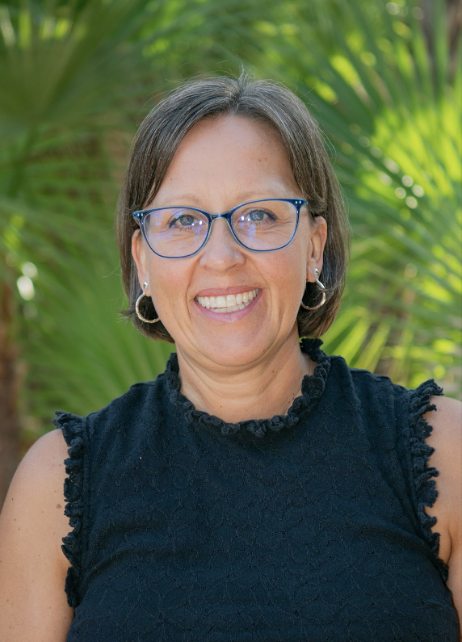Racing Extinction with Louie Psihoyos
The Fanfare discusses the environment with Academy Award-winner Louie Psihoyos.
January 7, 2017

TACKLING THE ENVIRONMENT: Filmmaker Louie Psihoyos tackles environmental issues not only through his award-winning documentaries, but also through undercover work and discussions with people about how they can help the environment.
In 2015, “Racing Extinction,” a film by Academy-Award winner Louie Psihoyos, was released. Psihoyos is known for his gripping documentaries that bring to light the effects humans have on the environment. “Racing Extinction” was not different– as Psihoyos tackled the anthropogenic causes of human extinction, from trade in endangered species to carbon emissions caused by cars on the road, viewers were faced with the startling realization that many species are going extinct in ways that could be prevented, such as overhunting.
This movie showcased how humans impact the world, a key concept taught in A.P. Environmental Science (APES). Students examine the effect humans have on various parts of the world, from forests and oceans to animals. To show students not only the rapid extinction rate of many animal species but also what people can do about it, APES teacher Carmen Raterman showed her classes “Racing Extinction.”
For Wren Fleming ‘17, watching the movie with its “beautiful images and videos” reminded her “that there’s an actual problem out in the world.” The movie included undercover work in illegal endangered species trading, interviews with prominent environmentalists, and a campaign to save endangered species with modern technology (including Tesla). For Sammie Lee ‘17, her favorite part was the “behind-the-scenes undercover work the environmentalists did. I never knew about the lengths to which people are willing to go to save these animals.”
This film isn’t the first movie produced by Louie Psihoyos — “The Cove” was another undercover investigative movie that won a Sundance award as well as an Academy Award for Best Documentary Feature. The Fanfare managed to get an interview with Psihoyos to discover why these documentaries are so important.
For Psihoyos, redefining intelligence was a key part of the movie. Psihoyos said “everyone has to learn to live in harmony with their own environment without endangering other people and the wild — that should be our new definition of intelligence. Living within our sustainable environmental boundaries.”
Fleming says that “people should realize the impact we have on the environment. We can either make it better” and add “sustainable living conditions for both humans and other organisms or we can destroy it in attempting to better our lives with excessive wants and needs.”
Psihoyos understands the impact humans have on the environment, and doesn’t stop once he’s finished with a documentary, either. His organization, Oceanic Preservation Society, worked to establish a “firewall of states that banned the import of endangered wildlife into the Western states.”

MANTA RAYS: Part of the movie focuses on the hunt of manta rays, and how Psihoyos and his team worked to end their deaths.
But for most of us, watching his documentaries is a quick way to get inspired to make our own change. While many who have seen the movie agree that parts of it are pretty bleak, the end is empowering, showing a series of high-tech LED projections of endangered animals onto famous buildings (including putting sharks on Wall Street). Psihoyos told The Fanfare that he made the ending more hopeful because “creating something that looks impossible is just a limitation of our thinking.” Psihoyos was told that everyone in New York would be in the Hamptons or Europe when he planned on projecting the videos of animals onto important landmarks, but the event ended up trending on Facebook and Twitter for four days worldwide. He was later asked to light up the Vatican. Psihoyos showed viewers that it is always possible to make a change.

ILLEGAL HUNTING: In other countries, endangered species trade is either legal or hard to enforce.
That idea resonated with APES students. Lee tells The Fanfare that “the most important things to take away from the movie are the little things we can change to reduce our ecological footprint. These are simple things, too, that don’t require huge sacrifice.” These things can include skipping meat for one meal or donating to a favorite environmental society. These societies can include the National Audubon Society, the World Wildlife Fund, and Greenpeace.
Psihoyos has one piece of advice for Berkeley students: “Stop eating animals!” While it may be hard to do that, Fleming, a vegetarian, has some suggestions, saying “I would suggest slowly eating less red meat and then completely cutting it out of your diet. Maybe eat chicken every now and then.” She said, “I became pescatarian before vegetarian and it made the transition to being completely vegetarian [easier]. Having vegetarian/vegan diet doesn’t consist of only tofu, which I feel most people think we eat just tofu, but there are so many cool meals you can make and experiment with.”
Even if you can’t give up on that delicious hamburger, just skipping meat one meal a day can help save the environment. If you’re interested in learning more, be sure to check out “Racing Extinction” or “The Cove.”



